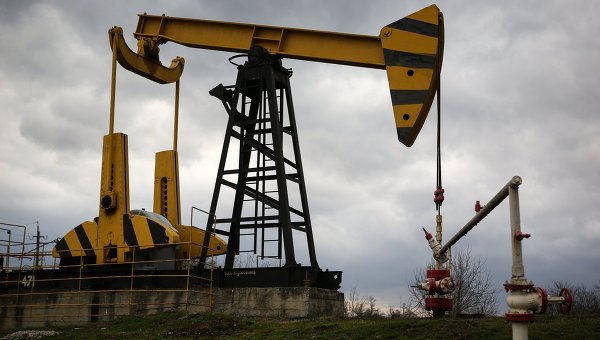BAKU, Azerbaijan, Aug.5
By Leman Zeynalova – Trend:
Refining sector demand for hydrogen will continue to rise over the coming decade, supported by the growth in oil demand and tightening global fuels standards, Trend reports citing Fitch Solutions.
“According to our forecast, global refining capacity – i.e. primary crude distillation units (CDUs) – will increase by 7.28mn b/d over the ten years to 2029. The bulk of demand for hydrogen in the refining sector stems from the hydroprocessing of crude oil, i.e. hydrocracking and hydrotreatment,” the company said in its report.
According to data from OPEC, in 2018 hydroprocessing capacity was equivalent to 65.6 percent of primary distillation capacity and by 2024 will reach 66.8 percent, based on the existing projects pipeline. Moreover, the organisation estimates that this share will need to rise to 73.8 percent by 2030, if fuels standards evolve as expected. Based on our own refined fuels demand and refining capacity forecasts and current and expected global policy trends, we forecast a 12.9 percent increase in hydrogen demand in the 10 years to 2029, reaching 43.6mn tonnes per annum (mtpa).
“The bulk of demand growth will accrue due to the more widespread adoption of Euro V and Euro VI-equivalent fuel standards among emerging markets (EMs). These standards impose strict limits on exhaust emissions for road transport vehicles and will require increased investment into hydroprocessing capacity. Historically, developed markets have been the driving force behind environmental policy evolution. However, the balance is increasingly shifting towards EMs, due to growing environmental awareness and mounting pressures to curb urban air pollution. Currently, the policy landscape is highly uneven. Based on our Global Sustainability Policy Index, we can see that environmental policies are – as we would expect – most advanced in developed markets, with developed Europe boasting the most mature policy landscape,” reads the report.
While the policy gap will take time to bridge, the gap in fuels standards is closing more rapidly than most, according to Fitch Solutions.
“There are various reasons for this. In many markets air quality is a primary environmental concern and higher emissions standards help to tackle this. Given that the fuels trade is international, there is also incentive to harmonise global fuels specifications to gain wider market access. This is evident in investment trends, with EM refiners shifting the focus of their investment away from capacity growth and towards fuels upgrading and desulphurisation capacity. Finally, there are limits to how stringent fuels standards can become and, in developed markets, the emphasis is now switching to transport electrification and internal combustion engine phase-outs. As developed market (DM) standards level off, EMs will gain ground,” reads the report.
---
Follow the author on Twitter: @Lyaman_Zeyn






